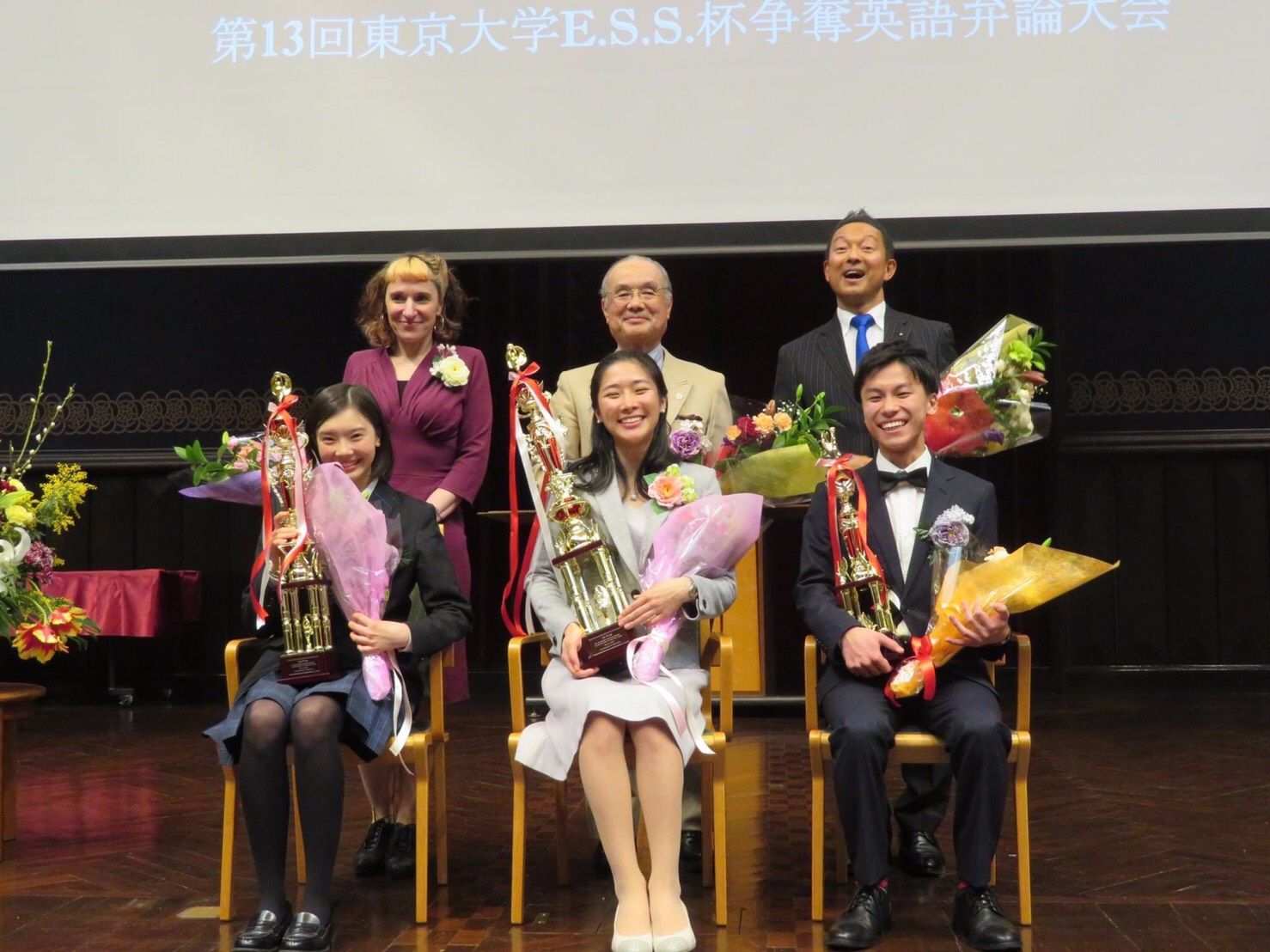Opening New Doors
“Not knowing when the dawn will come, I open every door.” -Emily Dickinson.
Last year, I spent a year in America studying at Brown University, an Ivy League school. My biggest goal over the year was to step out of my comfort zone and gain a new perspective on life. I was in search of my new doors.
Today, I am going to talk about one of my classes at Brown. The class was about homelessness. There were many homeless people in Rhode Island and whenever I walked down the streets, I would encounter people begging for money. My curiosity towards how someone ends up in these circumstances, encouraged me to take this course.
In the U.S., homelessness emerged as a national issue in the 1930s when the Great Depression caused two million people to become homeless. In 1970’s, psychiatric hospitals were deinstitutionalized, leaving many people with mental disorders nowhere to go but the streets. Today, there are about 554,000 homeless people in the United States and about 4,800 people in Rhode Island alone. In fact, the homeless situation in Rhode Island is one of the worst in the entire United States. Thirty nine percent of the homeless are families. Forty one percent are female, and thirteen percent are children, five years or younger.
To understand the reality faced by the homeless, I decided to volunteer at a Homeless Winter Shelter which provides food and beds for homeless people during cold winter nights. The Shelter was called HOPE.
Not knowing when the dawn will come, I open every door.
My job at HOPE was simple – Opening doors. I was to let the homeless guests into the church basement, list their names in a notebook, and serve dinner provided by a local soup kitchen. The whole job only took about 30 minutes and afterwards I had two to three hours to simply talk with the homeless people.
In the beginning, the guests at the shelter never talked about their pasts. Instead, they talked about their future. Their future on the beach in Costa Rica, their visit to my home in Japan, or to sail away in their own boat. I felt sad listening to them talk about these seemingly unattainable goals. I felt that I was not helping them in any way. I was a privileged dropping into strangers’ lives and I felt like an outsider at the shelter. That went on for about four weeks.
However, one day I couldn’t go to the shelter, because I was sick. The following Tuesday, I returned and was shocked when a homeless lady, who had previously only said hello to me, came up and said, “Honey! Where were you last week? We missed ya!” This was the instant when a homeless person became a person with a name. Her name was Susan and I realized that I was beginning to become a part of a small community. My new acquaintances began to talk about their pasts; how they became homeless, or their life before that.
Susan had been married with two children … and an abusive husband. A husband who had often beat her, choked her, and once, even ran her over with a car, leading to her being hospitalized for a month. Scared for her life, she had run away. Without a job or savings, she was forced to start living under a bridge. As I became closer to the homeless women at the shelter, I was shocked to hear that many of them had similar experiences of abuse and rape before and during homelessness.
Through my experience at HOPE I learned at least three things. First, mental disorders, traumatic experiences or accidents forced people into homelessness. Second, the lack of daily purpose is debilitating and discouraging. Third, although I initially thought that I had nothing I could give to my homeless friends, a sincere hug showed that I care. Simply listening showed that I care. And I found out that I do care. Each guest was a child, a parent, a daughter, a son, a friend.
Right before coming back to Japan, on one of my last days at the shelter, we organized a Women’s Day, where the female guests could get a makeover. We invited professional hairdressers, nail artists and masseuses. Susan got her hair cut, her nails done, and had a facial and body massage. She looked into the mirror, touched her hair, and started to cry. She hugged me and said, “I can’t remember the last time I felt like this. I feel like a woman again”.
“Not knowing when the dawn will come, I open every door.”
My encounter with Susan and other members of HOPE taught me another thing. They showed me how they use the support from their community to take on the challenges of each new dawn. There was nothing special about me that enabled me to help at the shelter. All I did was become a part of the community. Building this connection requires time, patience, and sincerity. Together, we did it, and I am looking forward to going back to the U.S. next spring to continue with my volunteer work and see my friends at HOPE.
For me, opening new doors into their world shed light on problems I hardly knew existed. It allowed me to help people who are too often overlooked by society, but it also allowed their light to shine on me. We can all help. We simply have to open doors wide enough until we see the people behind them.
Written by Sara Inoue
This article based on her speech which won the contest;
“The 13th English Oratorical Contest for the University of Tokyo E.S.S. Trophy”

“The 13th English Oratorical Contest for the University of Tokyo E.S.S. Trophy”


